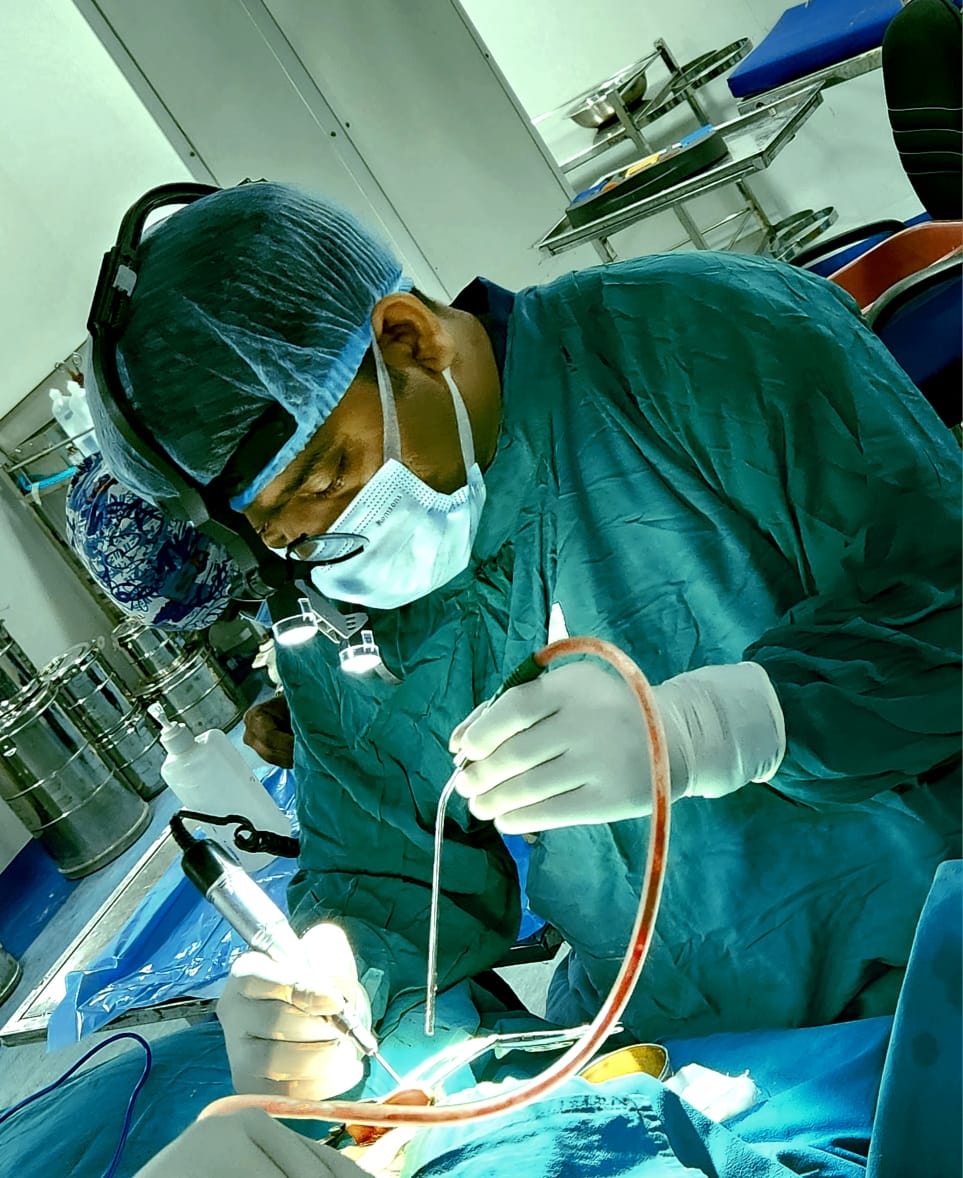Benefits
The Benefits
- Treatment of tumors:Parotidectomy is often performed to remove benign or malignant tumors within the parotid gland.
- Relief from symptoms: In cases of benign tumors, parotidectomy can provide relief from symptoms such as pain, discomfort, and facial swelling that may be associated with the growth of the tumor.
- Improved quality of life: For individuals with chronic parotid gland infections or recurrent salivary gland stones, parotidectomy may offer relief from recurrent pain and swelling, improving their overall quality of life.
- Diagnosis and staging:In cases of suspected salivary gland malignancies, parotidectomy may be performed to obtain a tissue sample for diagnosis and staging. Accurate staging helps determine the appropriate treatment plan, which may include additional treatments like radiation therapy or chemotherapy.


